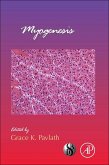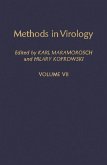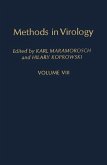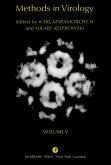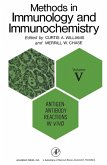Differentiation and Immunology is a collection of papers that deals with molecular specificity-the link between immunology and differentiation. One paper reviews the status of regulation in bacteria or viruses, and extends the results to animal cells. The paper also investigates a single aspect of the control of immunoglobulin through the use of plasmacytomas. Another paper discusses the role of macrophages in the minimum theory to possibly account for the energetics of the reaction with receptors, or to the frequency of antigen-sensitive cells. Some papers investigate the immunogenic function of macrophages, the transition from monocyte to macrophage, the factors influencing the formation of macrophage lysosomes, and the origin of macrophage lysosomes. Other papers also discuss the immune response as a model system for studies on cellular differentiation, as well as the differentiation for collagen synthesis in cultured cells. One paper suggests that in differentiation, the changes that can occur in the properties of protozoan cells, perpetuated for long periods, are reversible, and can be a means for survival-as every cell line is also capable of being a germ line. This collection can prove valuable to bio-chemists, cellular biologists, micro-biologists, developmental biologists, and scientists involved in immunology research.
Dieser Download kann aus rechtlichen Gründen nur mit Rechnungsadresse in A, B, BG, CY, CZ, D, DK, EW, E, FIN, F, GR, HR, H, IRL, I, LT, L, LR, M, NL, PL, P, R, S, SLO, SK ausgeliefert werden.



